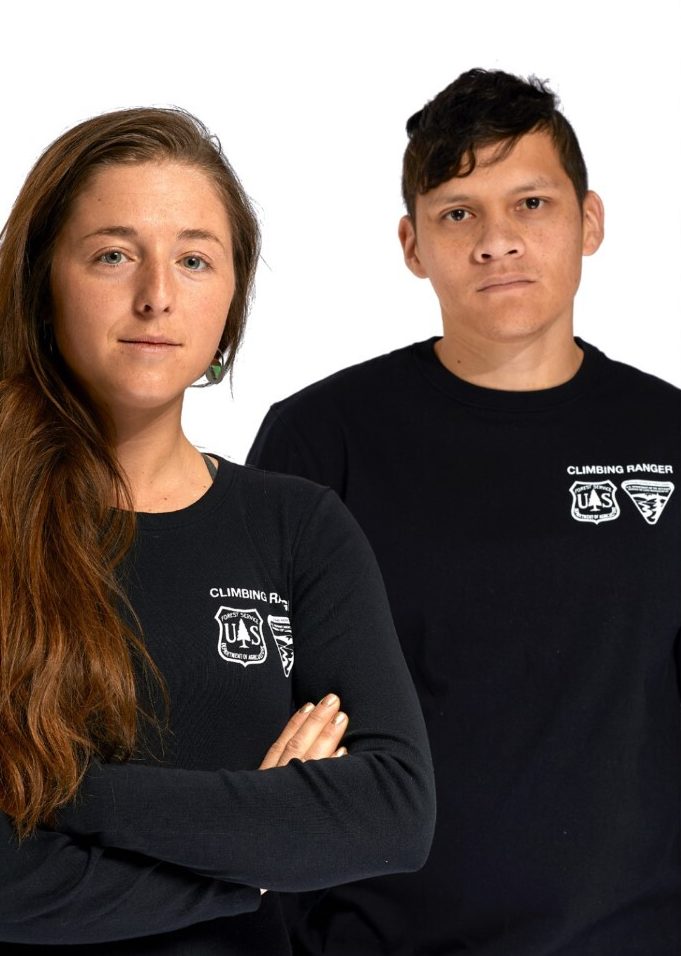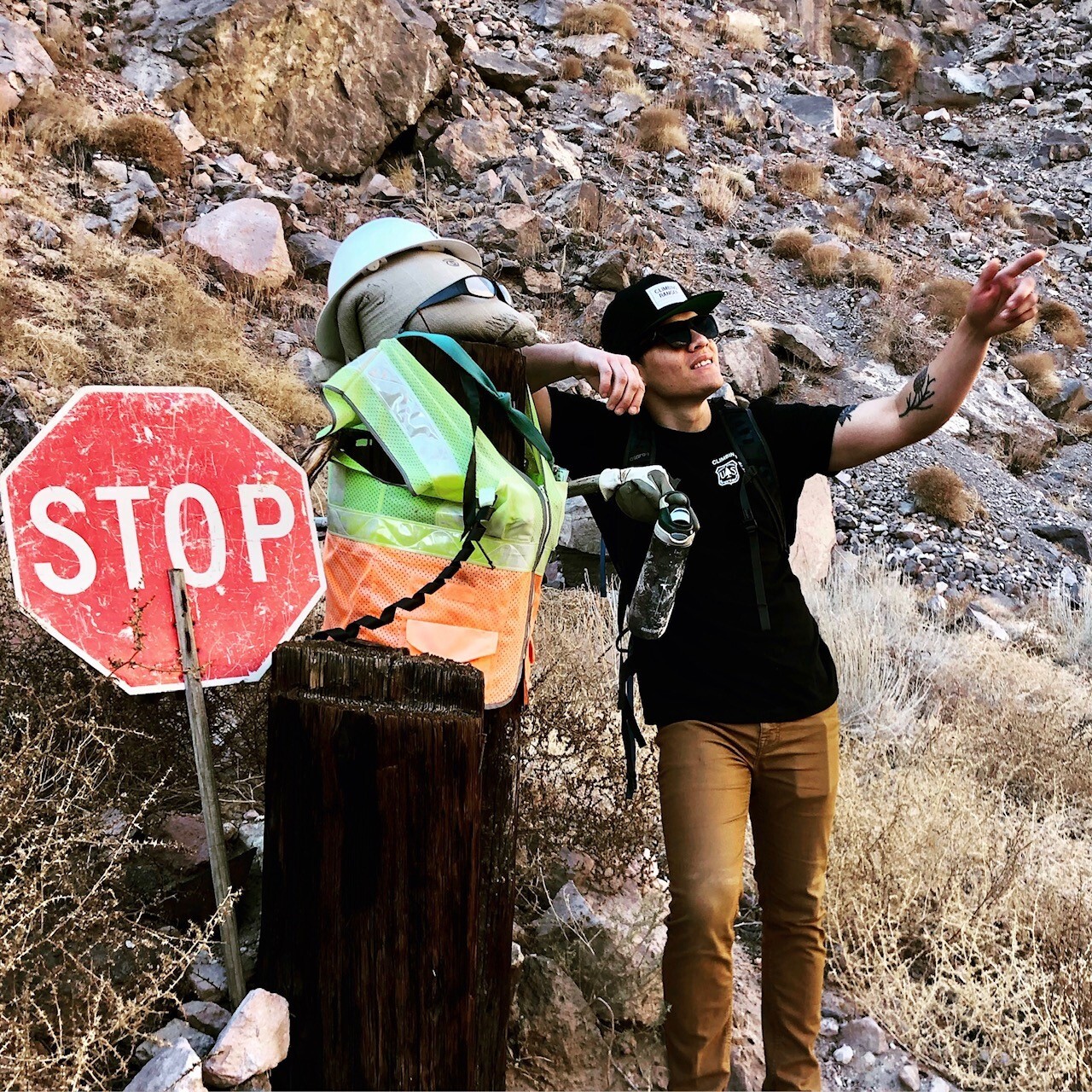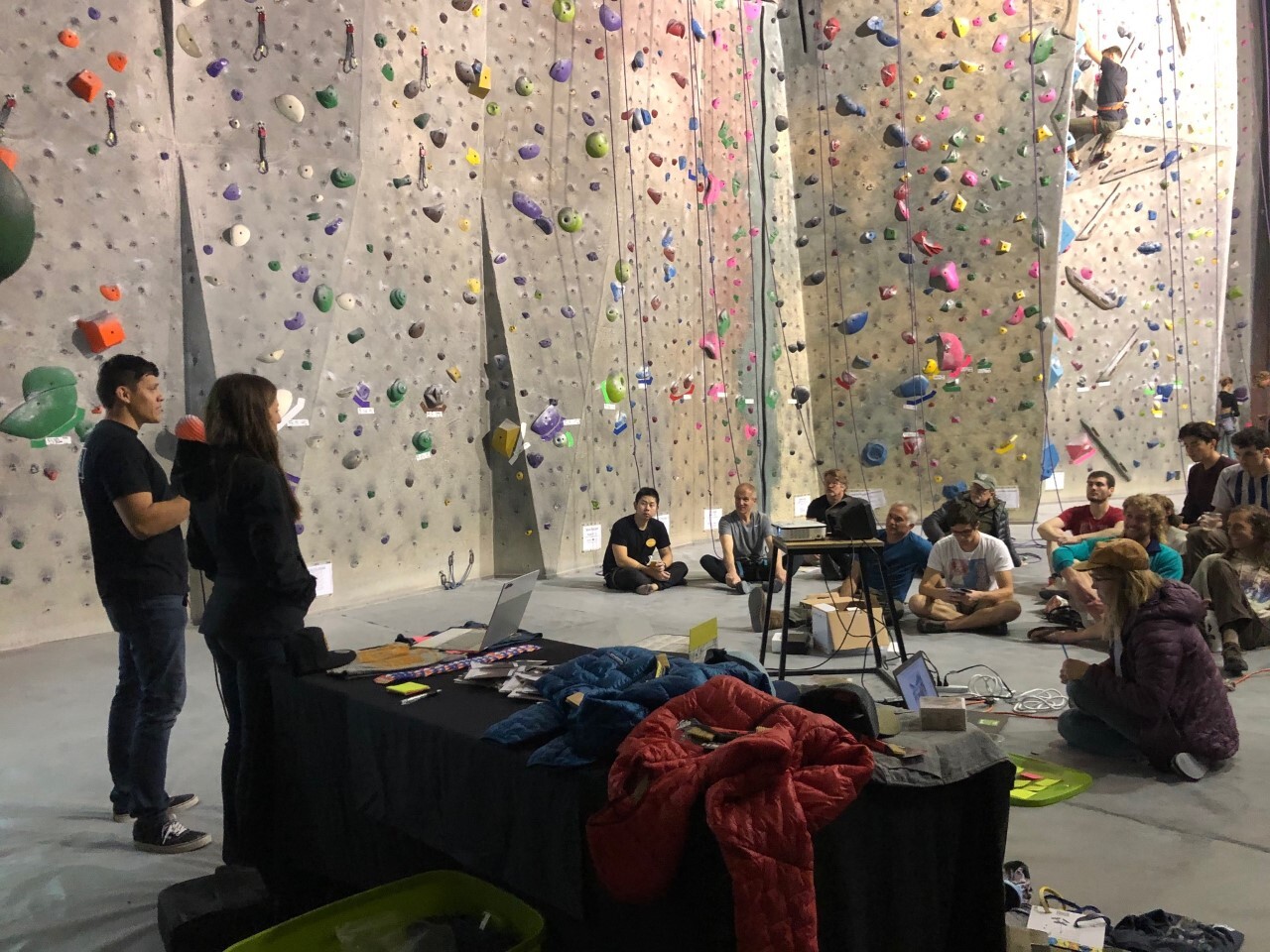Due to COVID many of us are missing our annual winter climbing trips; also due to COVID, climbing destinations like Bishop are getting hit especially hard. While we are urging everyone to respect the stay-at-home order to protect each other and these small communities, the Bishop Climbing Rangers are on the ground doing everything they can to educate those out in the boulder fields and at the crags how to recreate responsibly.
Last year we raised over $25,000 to support the very first season of the Bishop Climbing Rangers. The BCRs are here to help preserve and protect the local climbing areas around Bishop, including the Buttermilks, Tablelands, Owen’s River Gorge, and Pine Creek Canyon. They work with the Bureau of Land Management, US Forest Service, LA Department of Water and Power, and nonprofits Eastern Sierra Interpretive Association, Friends of the Inyo, and Bishop Area Climbers Coalition to educate visiting climbers about the extent of our impact and how we can lessen it.
This is the second season for Alexa Flower and Jimmy Capangpangan as our Bishop Climbing Rangers, and we wanted to check in with these great folks to see how things are going during this strange time.
 What are the duties of a Bishop Climbing Ranger?
What are the duties of a Bishop Climbing Ranger?
We monitor dispersed camping, patrol climbing areas to meet and educate climbers, extend outreach on social media, gather data regarding the number of visiting climbers, communicate what impacts (or lack thereof) we see to our partners, and present Gym-to-Crag presentations.
What does a typical day in the life of a Bishop Climbing Ranger look like?
It is a bit different this season. A typical day involves us monitoring the Tablelands dispersed camping in the early morning (on BLM land there is a 14-day stay limit). We then gather data to see how many climbers are around. Early afternoon we are on foot talking to climbers in the climbing areas and educating them if we see any impactful actions being done, calling out dabs, and officially declaring someone’s send (since we are the professionals here). If there is an issue we see that needs to change, we often post on our Instagram to further the outreach.
What are some of the biggest issues you encounter?
There are so many climbers here that we want to start off saying, “You have an impact.” Every little action adds up and degrades the environment because we typically have hundreds of visitors in a single day.
There are so many climbers here that we want to start off saying, “You have an impact.”
Our biggest issue is poop—human and dog alike. People do not Pack It Out, or even dig holes for that matter. They leave their toilet paper to fly in the wind. They leave dog poop in doggy bags along the trail, in the parking lot, or in our pit toilet which makes it very difficult to clean.
It is important to remember that the climbing areas in Bishop are not just climbing areas. These are powerful areas of cultural significance to the Paiute tribes and their ancestors before climbing existed. We need to respect them as such and keep them clean.
Why are the Bishop Climbing Rangers important?
With the explosion of climbing in recent years, more and more climbers are visiting Bishop. While as climbers we are psyched that more people can enjoy our sport, it comes with more impact to our areas just through traffic alone.
For some newer climbers visiting Bishop it may even well be their first time having an outdoor experience as well as their first climbing experience. This can lead to having no knowledge of Leave No Trace principles as well as no knowledge of outdoor climbing ethics. We are here to try to bridge that gap to keep our climbing areas pristine and the climbing community aware of issues we are seeing.
Anything surprising that you didn’t expect about climber behavior?
All of our interactions with the climbing community have been very positive, save for maybe one or two where people were defensive when first approached about pads on brush or staying on trail. It just goes to show that if you talk to someone calmly and try to educate rather than accuse, it can go very well. Everyone in the climbing community should feel empowered to educate newer climbers to show that we are all stewards of the climbing areas.
View this post on Instagram
How do you best approach a difficult encounter?
We approach every person with respect. If there is something we need to educate someone about we do it calmly and with the intent to inform. We always introduce ourselves and what we are doing as Climbing Rangers and ask instead of accuse. For example, using, “Hey, did you know…” instead of, “This is wrong and you are wrong for doing so,” then following up with the why it is impactful. It is also more effective to frame the encounter to impact over time instead of that climber’s one-time impact.
…always ask instead of accuse. For example, using, “Hey, did you know…” instead of, “This is wrong and you are wrong for doing so,” then always following up with the why it is impactful.
How has COVID changed the position?
While we are grateful that we even have Climbing Ranger positions right now, there are some things that have changed. We are not able to do as many in-person stewardship events, we miss meeting everyone at Climber Coffee, our Gym-to-Crag presentations will not be happening this season (we had a blast with it last season), and we have to keep up with Inyo County guidelines for COVID regarding our education of visiting climbers.
It is important to think about how your weekend trip can affect the small town of Bishop, which has limited hospital space. You have to consider how many people are climbing on your boulder, people spotting you on your project outside of your household, and wearing masks.
What are five things everyone should do to make your job easier and improve the situation for all climbers?
There are only two of us, and our impact can only go so far. We need your help to protect our cherished climbing areas:
1. Please pack out EVERYTHING.
2. Please stay on trail.
3. Please don’t crush the brush! This includes walking on it, parking on it, and putting your crash pad on it.
4. Think about where you are parking. If the lot is full, park elsewhere. We need to be able to get an emergency vehicle in our parking areas if there is an accident.
5. Leave the area better than you found it. Even if it’s not yours, pick it up.
6. (Optional) If you see one of us out in the climbing area, say hi and tell us we’re having a good hair day.
View this post on Instagram
Any updates we should look forward to hearing about?
We are trying to be creative and have more outreach over social media! Keep an eye out on our Instagram @bishopclimbingrangers for news about socially distanced clean up events, fundraisers, and other projects. We are working on coming up with a way to have Climber Coffee safely during COVID and a short video about the Bishop Climbing Ranger Program.



